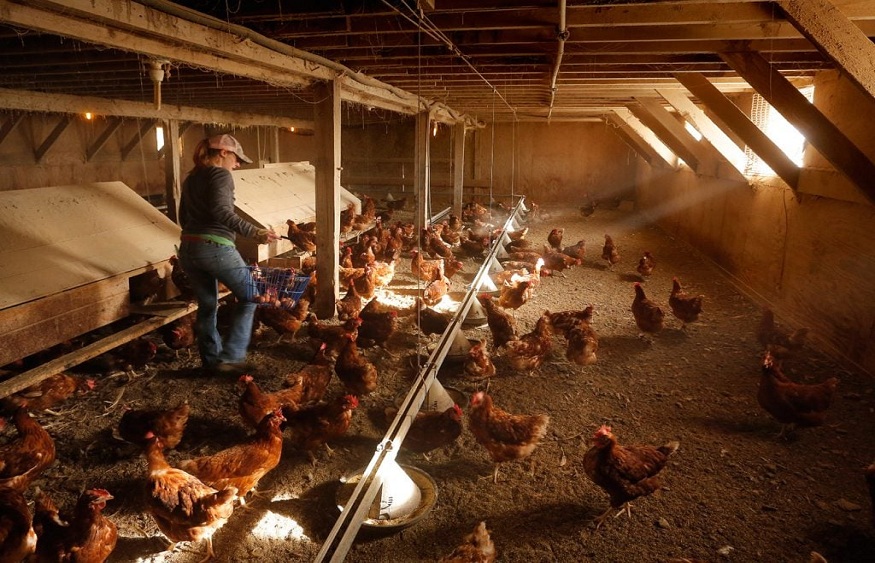Hillandale Farms Pennsylvania Offers an Overview of Certified American Humane Cage-Free Eggs

American Humane is a non-profit organization that tends to protect and promote the welfare of animals. Their certification programs are primarily focused on animal welfare in farms. “Cage-free” refers to farm environments where chickens producing eggs, known as laying hens or layer eggs, live in indoor spaces. On the whole, this cage free system is a huge improvement over the traditional battery cages, and is followed by many egg farms like Hillandale Farms Pennsylvania.
Hillandale Farms Pennsylvania marks the standards of care for cage-free as per the Certified American Humane program
American Humane Certified cage-free program sets standards for animal welfare in the production of eggs. It includes requirements related to outdoor access, indoor housing, nutrition, water quality, health care, as well as environmental enrichment, handling, and transportation of hens.
Here are a few of the standards of care for cage-free hens created by the experts for the Certified American Humane program:
- Space: Certified American Humane program requires hens to be raised with a minimum of 1.5 sq. ft. per bird in a barn. The hens however would not be confined to the space. This area is simply meant to restrict the number of hens that can be in a barn. The hens must have adequate space to move around, stand normally, turn, and stretch their wings without any issues. To make sure that the maximum housing density of the system is not exceeded, each and every barn should submit a plan for the inspector that indicates certain important elements like the total floor area available to the hens and the space allowance.
- Enrichments: As per Certified American Humane, hens should be provided with enrichments like dust bathing materials and perches. Hens should use dust bathing materials to groom, relax and socialize, which are a few types of natural behaviors that hens on a factory farm would never do.
- Perches: Hens should have adequate access to perches. They must be able to wrap their toes around the perch and balance in a relaxed posture for a good period of time. They should also have enough space to perch or quietly sit without any kind of repeated disturbance. Perches have to be positioned for reducing the risk of dirtying of any hens below. Perches should not have sharp edges, and be capped at the ends.
- Litter: Hens have to be kept on or have regular access to well-maintained loose substrate/litter for dust bathing. Litter should not be allowed to be infested with mites, wet, or otherwise be harmfully contaminated. Litter that becomes wet or gets contaminated should not be introduced into hen housing and have to be replaced. Dust bathing is one of the important comfort behaviors displayed by hens to keep their feathers clean and in good condition.
- Air: Well-circulated and clean air in the barn is important as per the Certified American Humane guidelines. The slightest hint of ammonia in the human nose is already too high for the chickens, and hence the barn must be cleaned appropriately.
Trusted egg producers like Hillandale Farms Pennsylvania strive to follow the guidelines underlined above. More details about these guidelines can be found on the web.





